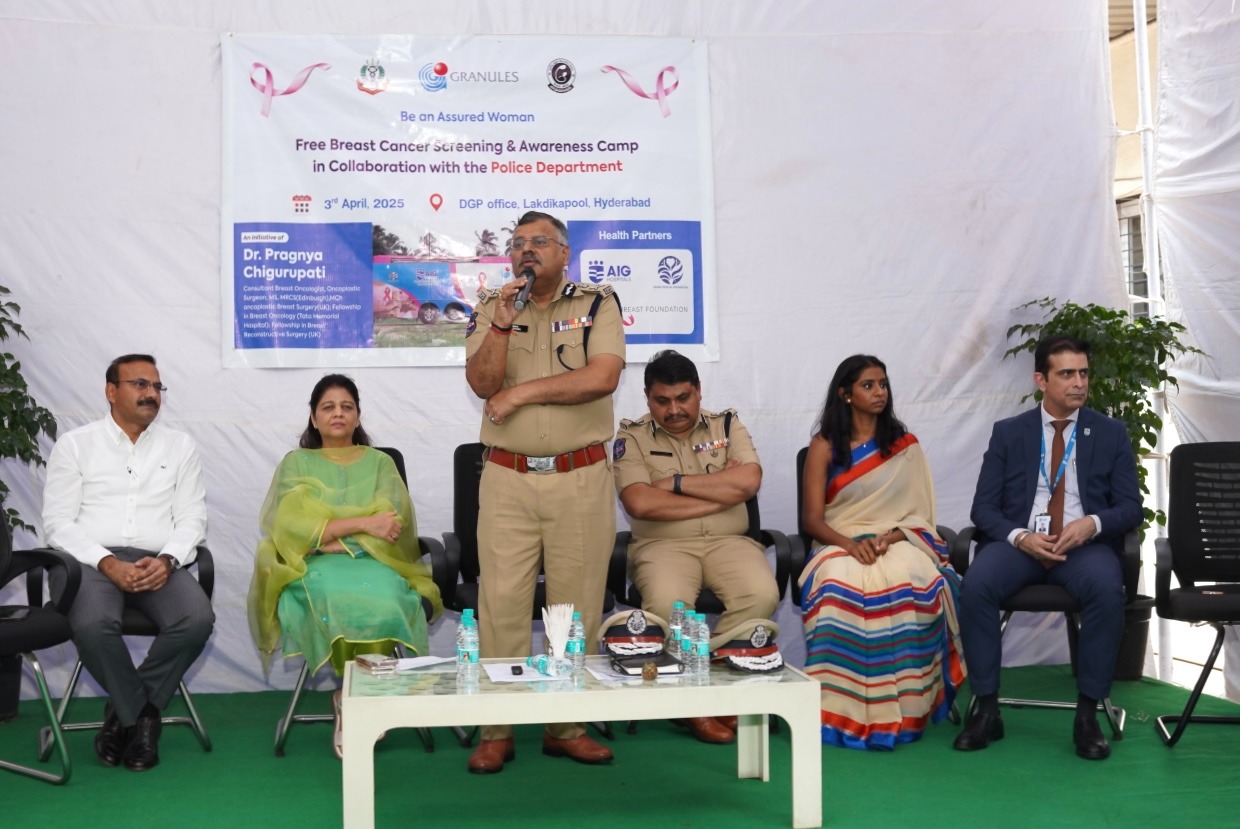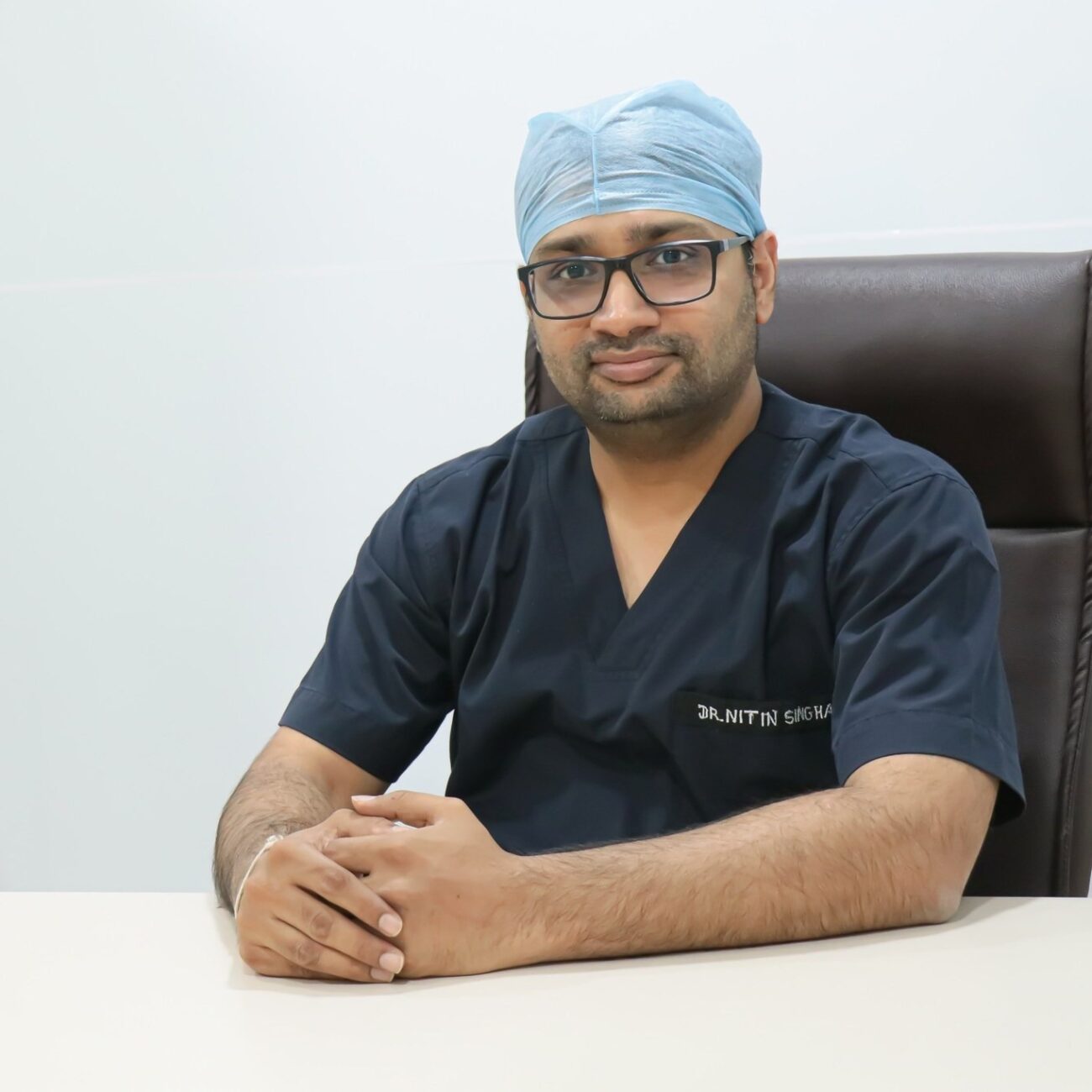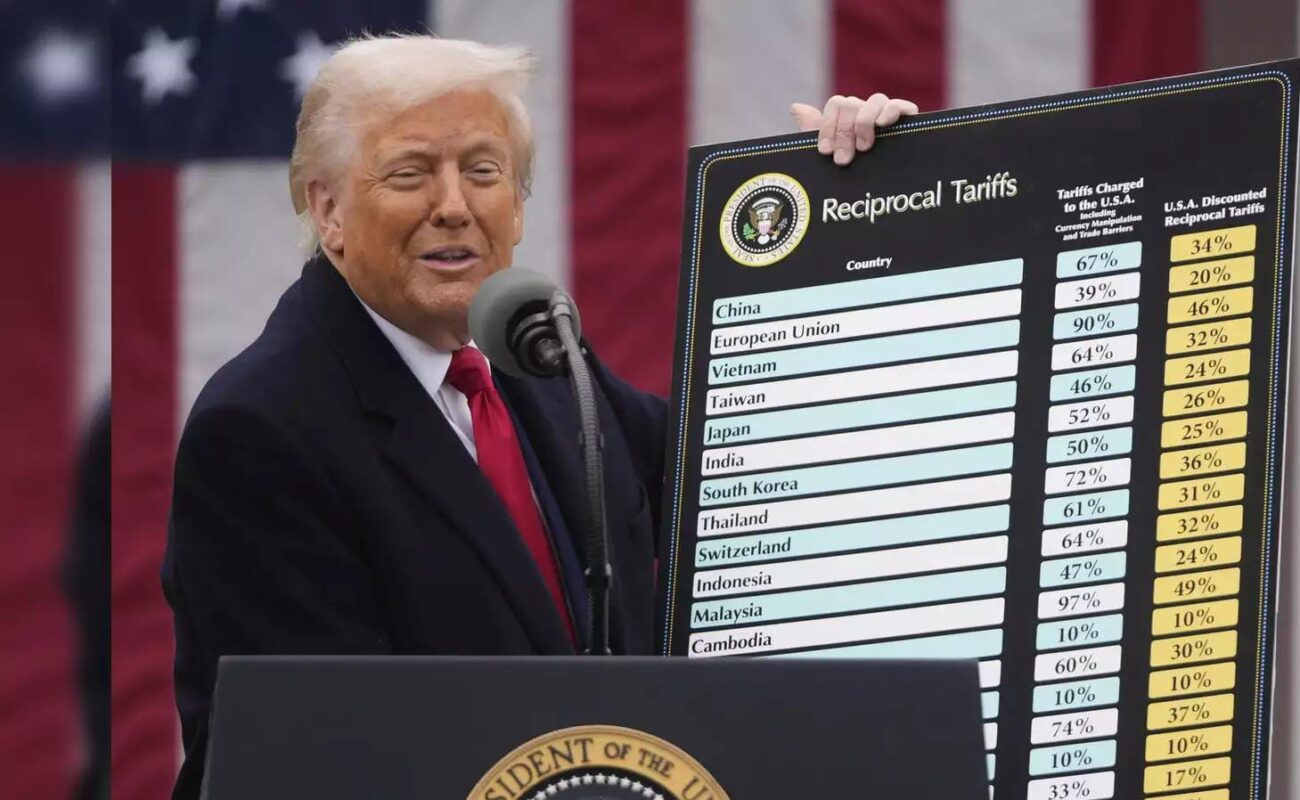Philips India Sleep Survey 2021 reveals that Indian adults slept more during the COVID-19 pandemic
Royal Philips (NYSE: PHG, AEX: PHIA), a global leader in health technology, today released the findings of the India Sleep Survey Report titled ‘Philips Global Sleep Survey 2021’. Released ahead of World Sleep Day 2021, the report

Royal Philips (NYSE: PHG, AEX: PHIA), a global leader in health technology, today released the findings of the India Sleep Survey Report titled ‘Philips Global Sleep Survey 2021’. Released ahead of World Sleep Day 2021, the report focuses on the impact of the COVID-19 pandemic on sleep health as well as the increase in adoption of digital health technologies due to the pandemic. Highlighting the importance of digital health technologies, 60% of the Indians said that they have used or are willing to use telehealth for sleep-related concerns.
The report highlighted that since the start of the COVID-19 pandemic, Indian adults experienced new sleep challenges like difficulty falling asleep (37%), difficulty staying asleep (27%), and waking up during the night (39%).
The survey also focused on the adverse effects that sleep apnea has on patients. The study reported that 80% of patients with sleep apnea experience daytime drowsiness while only 52% of those who do not have sleep apnea experience the same. 47% of the participants also said that sleep apnea is impacting their relationships. With symptoms like unwarranted daytime sleepiness and trouble in concentrating, sleep apnea impacts productivity and overall quality of life. Sleep apnea can also lead to graver health issues including cardiac conditions, strokes, neurological disorders, diabetes, high blood pressure, obesity as has been noted in widely referenced clinical research papers
Philips also announced the launch of its Care Orchestrator Sleep and Respiratory Care management system today. The system enables clinicians and healthcare institutions to drive superior health outcomes by remotely monitoring and managing all sleep apnea and respiratory patients with a single system.
Chhitiz Kumar, Business Leader, Precision Diagnosis and Connected Care, Philips Indian Subcontinent said “The COVID-19 pandemic has had a profound impact on everyone’s lives. With everyone now adapting to the new normal, both healthcare providers and patients have a critical role to play in transforming the way healthcare is delivered. The increase in adoption of digital technologies such as telehealth for treatment of sleep related disorders from patient side is a positive change that must be welcomed and encouraged. Philips Care Orchestrator Sleep and Respiratory Care management system is one such breakthrough solution that will enable healthcare institutions and practitioners to remotely monitor and manage all their sleep apnea and respiratory patients with a single system. As we head into the next decade, Philips is focused on designing a future where technology leveraged across the entire sleep ecosystem can help people get the most out of their lives.”
Dr. J.C. Suri, Director and Head, Department of Pulmonary, Critical Care and Sleep Medicine, Fortis Flt. Lt. Rajan Dhall Hospital, Vasant Kunj, New Delhi and Founder, President and Chairman, Indian Sleep Disorders Association highlighted that “Sleep is an important component of our daily lives. It has profound impact on our physical and mental wellbeing. I have seen a steady improvement in awareness about sleep disorders such as sleep apnea in the last decade. However, we still have a long way to go in increasing seriousness towards diagnosing and treating this disorder. Brands like Philips and the physician community have an important role to play in this regard. While brands work on sensitizing people towards sleep apnea, it is also vital to equip physicians with the right know-how to screen, diagnose and treat sleep disorders in general and sleep apnea in particular. Only then we would be able to bring significant improvement in the sleep health of India.”
As part of its overall initiatives to combat sleep disorders and sleep apnea in particular, Philips announced in October 2020 launch of first-of-its-kind six-month online certified comprehensive Sleep Medicine Course. The course is being organized in collaboration with Academy of Pulmonary Critical Care and Sleep Medicine (APCCSM) and under the aegis of Indian Sleep Disorders Association (ISDA). Designed to augment the gap in medical education in sleep care, the inaugural batch of the course commenced on March 2, 2021 with more than 70 doctors being trained under the able guidance of Dr. J.C. Suri. Philips also launched a dedicated sleep helpline (1800 258 7678) and Home Sleep Test Solution to enhance access to care for patients suffering from sleep disorders in October 2020.
The company has also trained more than 500 sleep technicians and guided the launch of more than 850 sleep labs in the country till date.
As an industry leader and innovator in sleep and respiratory care, Philips is deeply rooted in its commitment to developing clinically proven solutions that help people take control of their sleep health. Philips aims to provide solutions that meet the growing and evolving needs of consumers and healthcare professionals alike. In line with its focus on offering quality, accessible and value-based care, the company also provides ‘No-cost EMI’ offer on its products under the Respironics range of sleep and respiratory solutions.
Annexure
Key Findings of Philips India Sleep Survey 2021
- 67% of Indian adults say they are completely or somewhat satisfied with their sleep, and 25% say they are somewhat or completely dissatisfied
- 54% of Indian adults report that the amount of time spent fully asleep has increased since the start of the COVID-19 pandemic, and 18-34-year-olds are especially impacted, with 61% reporting an increase in sleep compared to 41% of 50-64-year-olds and 35% of 65+ year-olds
- Since COVID-19 started, many Indian adults report new sleep challenges like difficulty falling asleep (37%), difficulty staying asleep (27%), and waking up during the night (39%)
- Indian adults report the following being negatively impacted by the COVID-19 pandemic:
- Work routine – 43%
- Sleep routine – 41%
- Ability to sleep well – 36%
- Stress – 50%
- Physical health – 35%
- Mental/emotional health – 47%
- 80% of Indian adults with sleep apnea experience daytime drowsiness, while only 52% of those who do not have sleep apnea experience daytime drowsiness
- 77% of Indian adults with sleep apnea experience chronic fatigue, while only 36% of those who do not have sleep apnea experience chronic fatigue
- 74% of Indian adults feel like they get enough sleep at night
- Approximately 1 in 5 (19%) Indian adults experience sleep apnea
- One-third (34%) of Indian adults with sleep apnea currently use sleep apnea therapy to improve their sleep
- Of the Indian adults that have been tested for sleep apnea, 55% say they were tested in-home, and 34% say they were tested at a sleep lab or doctor’s office
- 50% received their results during an in-person visit, and 41% through a telehealth visit (video call or telephone appointment)
- According to Indian adults, when it came to using their phone in bed:
- 8% say they do not use their phone in bed.
- 29% say they charge their phone overnight next to their bed.
- 32% say they respond to texts or calls that wake them up during the night.
- 53% say the last thing they do before falling asleep is look at their phone.
- 54% say they look at their phone as soon as they wake up in the morning.
- 54% use their phone as an alarm clock.
- 58% use it for entertainment (e.g. watching videos, scrolling through social media)
- Of those (53%) that said their phone is the last thing they look at before falling asleep at night, 81% said this leads them to fall asleep later than they would like to
- Of those that said their phone is the last thing they look at before falling asleep at night, during that time:
- 80% are scrolling through social media (e.g. Facebook, Twitter, TikTok)
- 78% are watching videos (e.g. YouTube, Netflix)
- 63% are checking email
- 58% are sending/receiving text messages
- 53% are setting their alarms
- 50% are looking at pictures
- 46% are reading news not related to the pandemic or politics
- 43% are reading news about the COVID-19 pandemic
- 39% are reading political news
- 22% of Indian adults say worry/stress is what most limits their ability to get good sleep, and when it comes to what contributes to this stress, the top responses were:
- 63% reported financial challenges, with 81% of 35-49-year-olds reporting this as their top contributor to worry/stress
- 59% reported the COVID-19 pandemic
- 56% reported work responsibilities
- 48% reported health (mine or family member’s)
- 44% of Indian adults either currently use or have used sleep trackers to improve their sleep
- 40% of Indian adults have never set a bedtime/wake-up schedule to improve their sleep
- 60% of Indian adults say they have used or are willing to use telehealth for sleep-related concerns
- 55% of Indian adults who have used a telehealth program/talked to a healthcare specialist online about sleep-related concerns did so for the first time during the COVID-19 pandemic
- 50% of Indian adults over the age of 65 do not think it is necessary to be treated for sleep apnea
Of those reporting to have sleep apnea, 47% of Indian adults believe sleep apnea is impacting their relationship(s)






